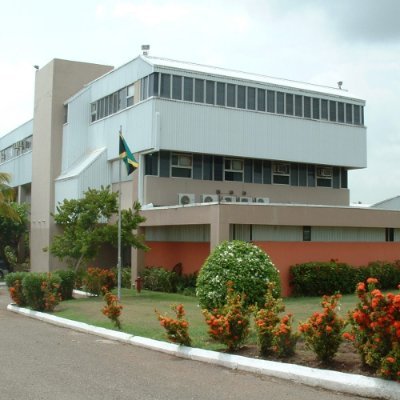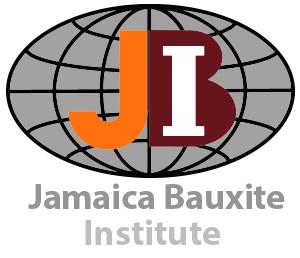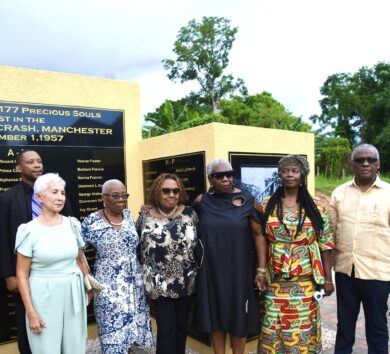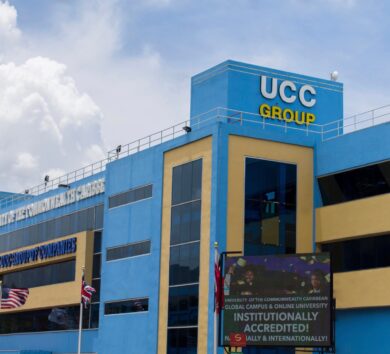
Experimental work still going on 10 years later

Durrant Pate/Contributor
The Jamaica Bauxite Institute (JBI) is currently at the experimental stage of its longrunning Rare Earth Element (REE) project, which has been around for the last 10 years and two different administrations.
The project, which was first announced in 2012 by then Science, Technology, Energy and Mining Minister Phillip Paulwell, has been labouring on with many hoping that the project would have taken off, bringing much rewards and revenue for Jamaica and incremental income from its bauxite/mineral sector.
The REE project is aimed at developing a viable way to extract rare earth from Jamaica’s red mud, which is a spin-off from the bauxite mining sector.
The JBI, in its 2020-2021 annual report, which was tabled in Parliament on Tuesday (September 27), reported that the new financial year (current financial year) is expected to see developments in this project, as the Institute moves to begin the experimental phase.
Stevie Barnett, general manager, disclosed that a team, led by its director of the Analytical Services Division, Richard Hanson, was assembled to develop an economically viable process for the recovery of rare earth elements from Jamaican red mud.
The team compiled extensive literature on the subject and moved to the sampling phase of the project. A comprehensive sampling of the red mud disposal areas was completed to facilitate chemical characterisation of Jamaican red mud prior to laboratory research.
Much literature research was conducted in preparation for experimental laboratory work, pending the procurement of laboratory equipment needed for REE bench scale laboratory research.
In the meantime, the team has been conducting experimental work.
Industry challenges during 2020-2021
The JBI acknowledged that, during the financial year, the industry faced some challenges due to the suspension of operations at ALPART as well as the outbreak of COVID-19. As a result, Jamaica’s gross export value for the year 2020 decreased by approximately 35.2 per cent to near US$527.6 million, down from US$814.5 million posted during the previous year.
The earnings retained by the country through net foreign exchange inflows fell by 7.6 per cent when compared to 2019. The JBI indeed felt the effects of the pandemic but remained resilient in its mandate to conduct research and analysis of data and trends in the bauxite and alumina industry.

The institute through its Bauxite Community Development Programme (BCDP) continued to fulfil its mandate to ensure life after bauxite. Phase VII of the programme was launched during the year under review.
Some $60 million was allocated to government representatives across all five bauxite parishes to complete projects aimed at sustainable development in these areas. The JBI was established by the Government in 1975 to monitor and study the aluminum industry and provide technical advice and undertake research and development activities on various problems related to the processing of Jamaican bauxite.
The JBI is also mandated to continually assess and ensure rationalisation in the use of Jamaica’s bauxite reserves and (bauxite) lands.







Comments